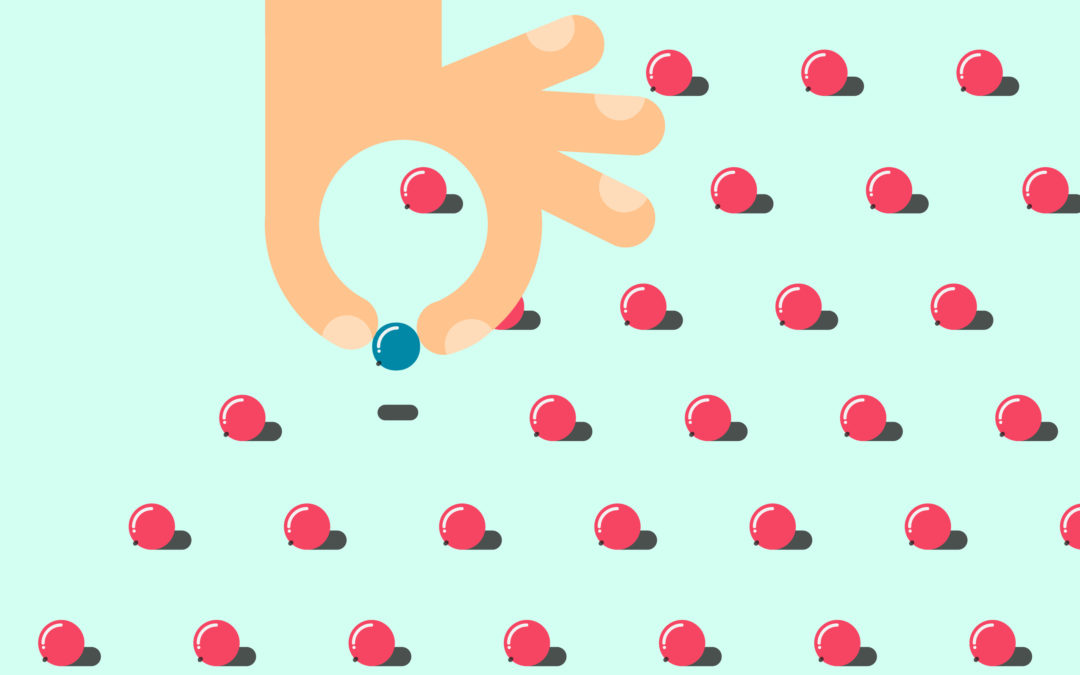If there’s one thing we have learned about complex trauma, it has a huge impact over the course of our lives. The effects of our trauma permeate every aspect of life and inform every pattern we have. I am not writing this to make you feel hopeless. Actually if we can build awareness of our patterns and the trauma they come from, we can make lasting change in our lives. Knowing that brings me hope. In terms of external life manifestations, it’s like winning the lottery. But there is a bit more work involved. The key is in examining the patterns, the cycles and the places we are stuck. Then we must ask why. The answer will change our lives.
One of the most significant impacts of complex trauma is perfectionism. If you haven’t considered this before, you might hear your controller immediately discrediting this connection. But when we get past the doubts of the controller, there remains one question. If we didn’t get our perfectionism from our traumatic experiences, where did it come from? Your controller might want to say it is a family thing, even a biological thing. But so is the trauma. Just because something runs in the family doesn’t make it unchangeable. And when we see that, we can have hope.
So let’s talk about the “why”. Why is perfectionism tied to trauma? What is the connection anyway? Families with patterns of complex trauma promote perfectionism in a few different ways.
They refuse to accept your authentic self. Children come to the world with powerful authenticity. But families reject who they really are and require them to develop a mask that meets their requirements. Since this mask is fake, they can’t rely on their inner wisdom or intuition. They have to base it on what others say is right. So the controller develops the mask based on what is acceptable in others. And they are almost always using a perfection mask. Since the controller only sees the outside, they assume perfection is necessary on all levels. They develop a own perfection mask so they can be accepted too.
They ridicule you for your mistakes. Children are going to make mistakes. They are supposed to make them. It is absolutely imperative for a child to learn. But in abusive families, there is no room for mistakes. Mistakes might put holes in the perfection mask of the family. There might be negative attention brought to the family. And that is not acceptable. Even the most child-appropriate mistakes will be teased and ridiculed relentlessly. They will even be punished. And it doesn’t help matters that children in abusive families are often being asked to do tasks inappropriate for their age. The pressure to do these tasks perfectly can create debilitating anxiety as they attempt to keep up the mask.
They ridicule you for your successes. Let’s face it. Abusive families will take any opportunity to project unworthiness on a child. Even when a child has achieved something great, these families will often tell them that it is not that great. They can’t allow the child to gain too much confidence. Confidence is dangerous in families with secrets. So if a child brings home all A’s and one B, you know what happens. It’s not perfect so it is not good. If a child brings home all A’s, they should have been A+’s. Or they will ridicule the child by saying they are a nerd or they study too hard or they need to get a life.
They steal what you love. Abusive families will take away what a child loves. This is meant to keep the child from getting too happy, too confident, too interactive with others in positive ways. So if a child loves something, they will sabotage it. The child learns to keep it a secret in an attempt to hold onto it. And they won’t let anyone see what they love until it is done, completed, perfect.
How does this impact the adult years? Our perfection mask lives on into adulthood. And the controller tells us that anything less than perfection is unacceptable. The controller compares our first draft to the final drafts of others. They compare our inner world to the outer world of others. They say we aren’t ready. They say it needs to be better. And it keeps us stuck. But we also internalize the ridicule. We continue to say these same overly-critical statements in our unconscious mind. “It won’t be good enough.” “I am worthless.” “I will never succeed.” And these statements come with an emotion: hopelessness. That hopelessness paralyzes us. So while we are trying to make everything perfect to avoid ridicule, we are also paralyzed by the hopelessness around the impossibility of that perfection. So we stay stuck.
How do we get unstuck? In order to get past this, we have to bring our awareness to this deep unconscious conversation. How are we telling ourselves we need to be perfect? What happens if we aren’t perfect? How do we see ourselves as unworthy compared to others? How do we see it as hopeless? The more we connect in with these unconscious messages, the more we can find their origins. When we find their sources, we can understand they are not our truth. And we can take steps outside of their constraints. We can take risks and break the perfectionism chains. We can find success in life instead of striving for the impossible.


